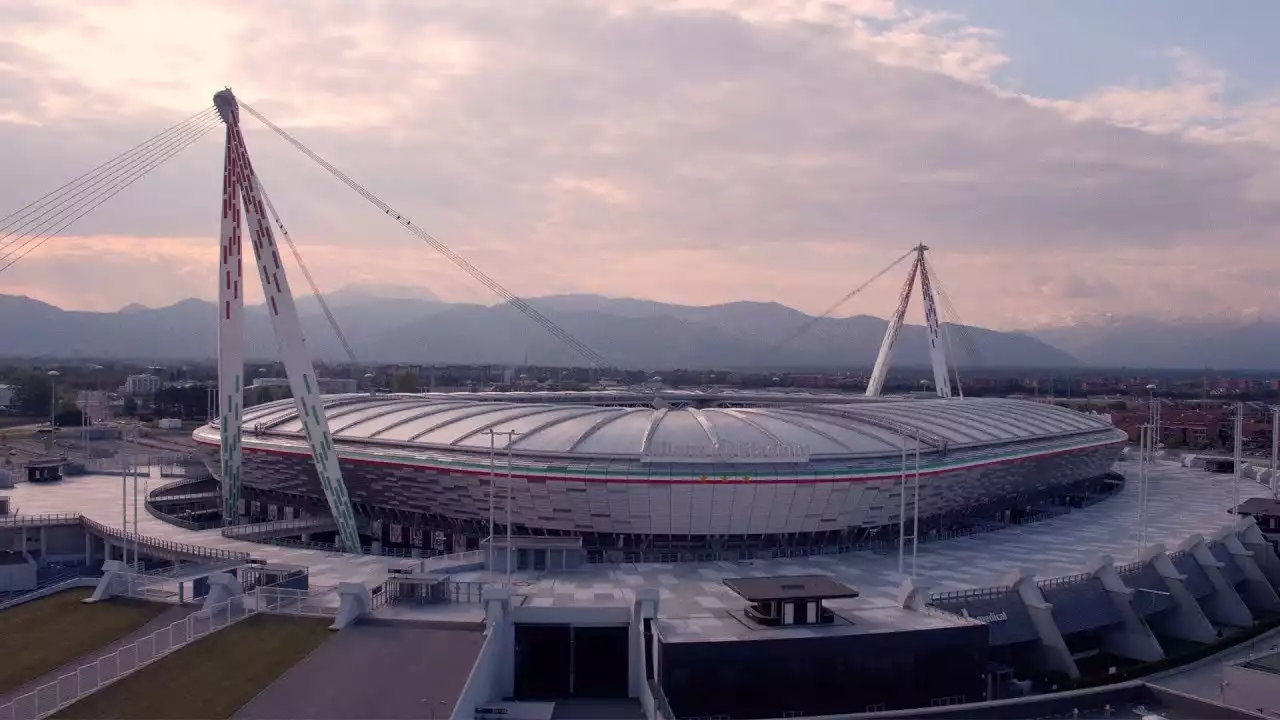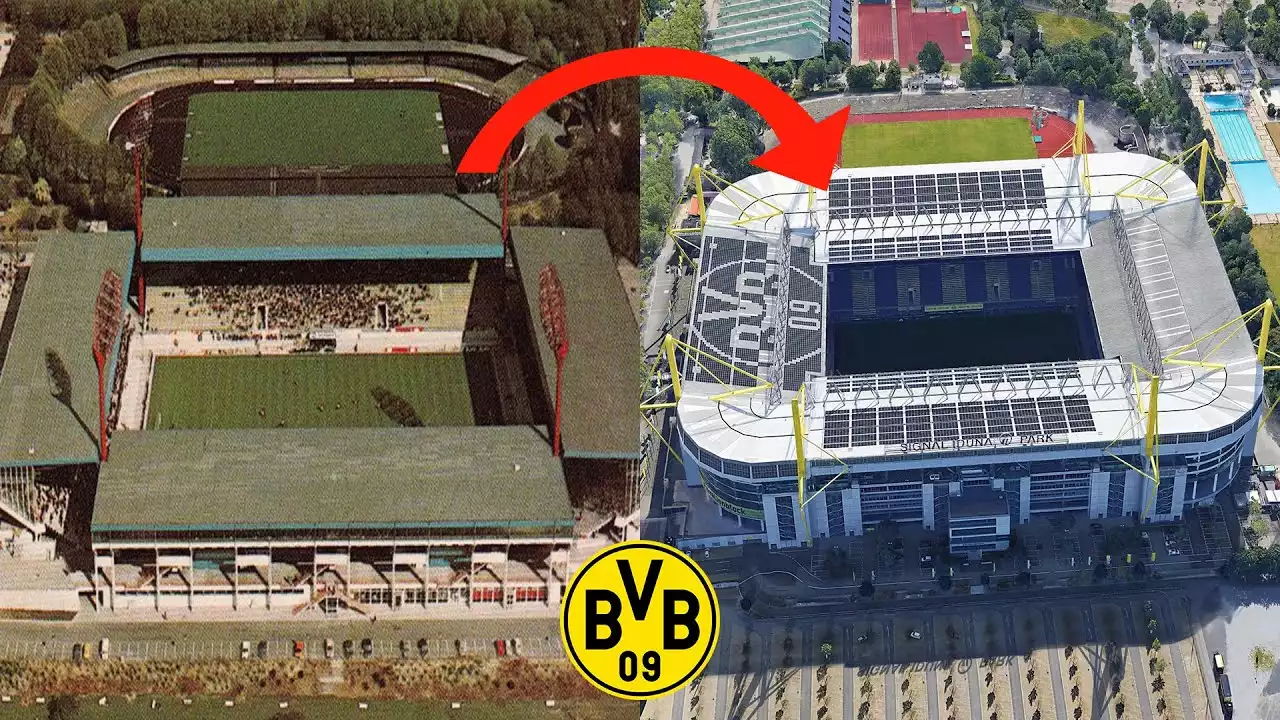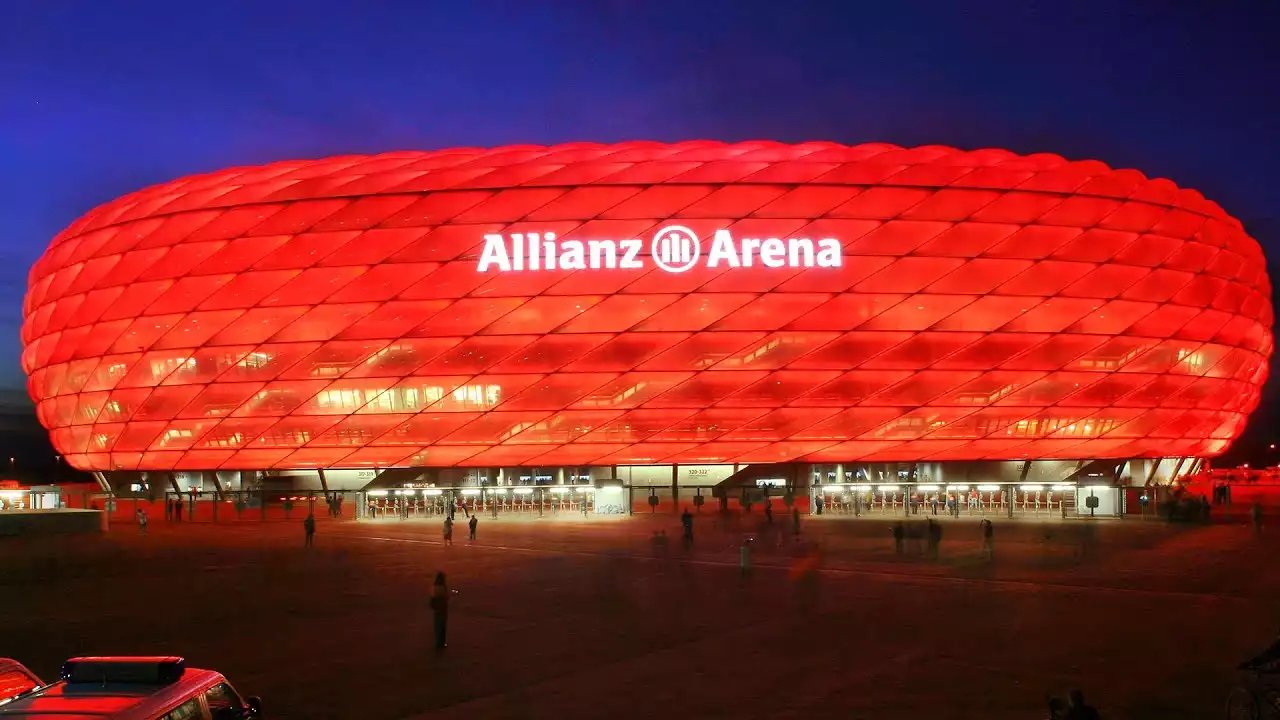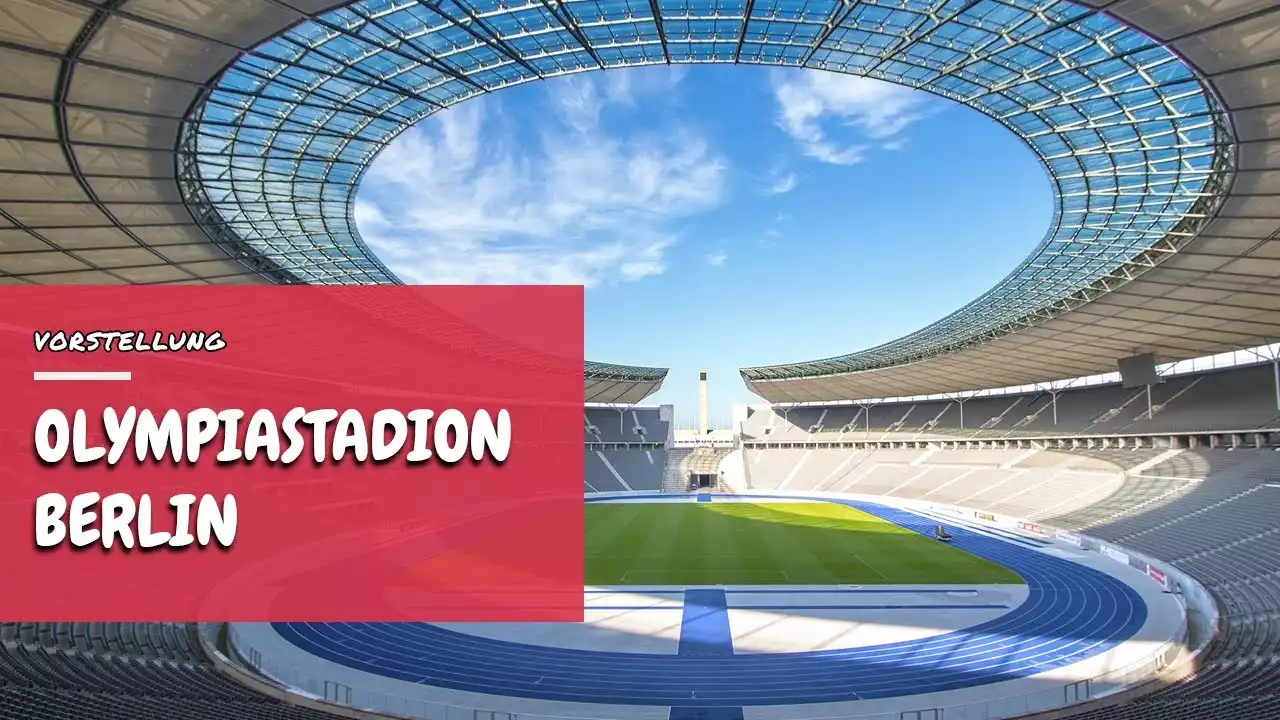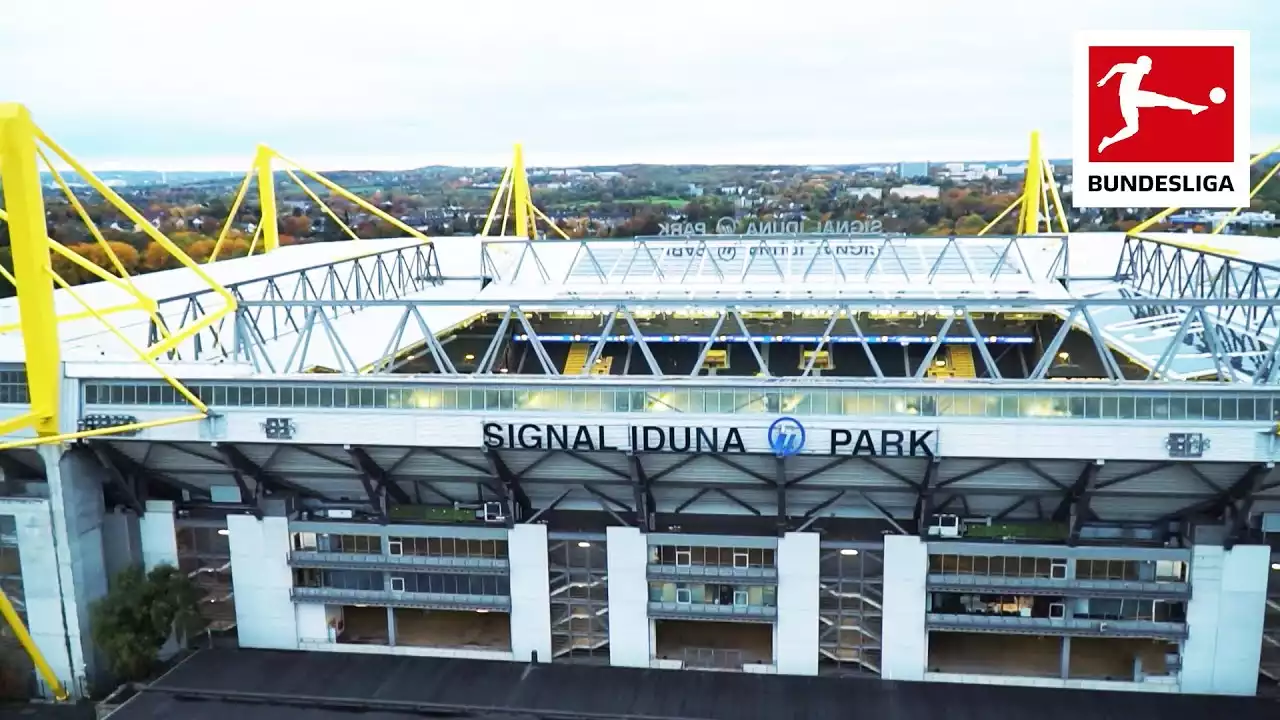Importance of stadium selection for DFB-Pokal matches
Stadium selection plays a crucial role in the success of DFB-Pokal matches. The right venue sets the stage for an unforgettable experience for both the players and the fans. The atmosphere created by the stadium can have a significant impact on the intensity of the game and the motivation of the teams. This is why careful consideration is given to various factors when selecting a stadium.
Factors considered in stadium selection
Several factors come into play when selecting a stadium for DFB-Pokal matches. One of the primary considerations is the size and capacity of the venue. The stadium needs to accommodate the anticipated number of fans and ensure their safety and comfort. A packed stadium not only enhances the atmosphere but also generates revenue for the clubs and the competition.
Accessibility and transportation infrastructure around the stadium are also key factors in the selection process. Fans should have easy access to the venue, whether they are arriving by car, public transportation, or on foot. Adequate parking spaces, public transport links, and well-designed pedestrian access are vital to ensure a smooth and enjoyable experience for supporters.
Another crucial factor is the historical significance and cultural heritage of the stadium. Many venues in Germany have a rich footballing history and are considered iconic. These stadiums hold a special place in the hearts of fans and are often chosen for high-profile matches to add an extra layer of excitement and nostalgia to the event.
The role of capacity and infrastructure in stadium selection
Stadium capacity is a critical factor in determining the suitability of a venue for DFB-Pokal matches. The stadium must be able to accommodate a sufficient number of fans to create a vibrant and lively atmosphere. It should also have the necessary infrastructure to support large crowds, including adequate seating, concession stands, restroom facilities, and security measures.
Infrastructure surrounding the stadium is equally important. The availability of nearby hotels, restaurants, and entertainment options can enhance the overall experience for fans traveling to watch the game. Additionally, the proximity of the stadium to public transport hubs and major roadways ensures easy access for both local and visiting supporters.
Historical significance of certain stadiums in the DFB-Pokal
Germany has a rich history of football, and certain stadiums have become synonymous with the DFB-Pokal. These iconic venues have witnessed countless memorable moments in the competition's history and hold a special place in the hearts of football fans across the country.
One such stadium is the Olympiastadion in Berlin, which has been the traditional venue for the DFB-Pokal final since 1985. The stadium's historical significance, dating back to the 1936 Olympics, adds to the allure of the cup final. It has hosted some of the most memorable matches in the competition's history, becoming a symbol of German football excellence.
Challenges faced in stadium selection process
The process of stadium selection for DFB-Pokal matches is not without its challenges. One of the main challenges is ensuring that the chosen stadium meets all the required criteria while also being available on the desired match day. With multiple matches taking place simultaneously during the early stages of the competition, finding suitable stadiums can be a logistical puzzle.
In some cases, conflicts arise between the availability of the stadium and the preferred match day. This can lead to rescheduling or relocating matches, causing inconvenience to both fans and teams. Additionally, securing the necessary permits and authorizations from local authorities can be a time-consuming process, further complicating the stadium selection process.
Successful stadium selection stories
Despite the challenges, there have been numerous successful stadium selection stories in the history of the DFB-Pokal. These instances demonstrate the importance of careful planning and collaboration between the German Football Association (DFB), local football associations, and host cities.
One notable example is the selection of the RheinEnergieStadion in Cologne for the 2019 DFB-Pokal final. The stadium's central location, excellent transport links, and modern facilities made it an ideal choice for the showcase event. The passionate football culture in Cologne and the enthusiastic support from local authorities ensured a memorable final that lived up to expectations.
Impact of stadium selection on fans and atmosphere
The selection of the right stadium has a significant impact on the fans and the overall atmosphere of DFB-Pokal matches. A well-chosen venue can create a sense of excitement and anticipation among supporters, enhancing their engagement with the game. The atmosphere generated by passionate fans can inspire the players and contribute to the overall spectacle of the match.
Additionally, a stadium's layout and design can influence the acoustics, amplifying the chants and cheers of the crowd. This further enhances the atmosphere, making the stadium a cauldron of noise and energy. The collective roar of tens of thousands of fans can create an electric atmosphere that adds to the drama and intensity of DFB-Pokal matches.
Future trends in stadium selection for DFB-Pokal matches
As technology and fan expectations evolve, the future of stadium selection for DFB-Pokal matches is likely to see some exciting trends. One such trend is the integration of digital technologies to enhance the fan experience. Stadiums equipped with advanced connectivity, augmented reality, and interactive features will offer fans a more immersive and personalized experience.
Sustainability and environmental considerations will also play a more significant role in stadium selection. As the world becomes more conscious of climate change and ecological impact, stadiums that prioritize green initiatives and sustainable practices may gain a competitive edge in the selection process.
